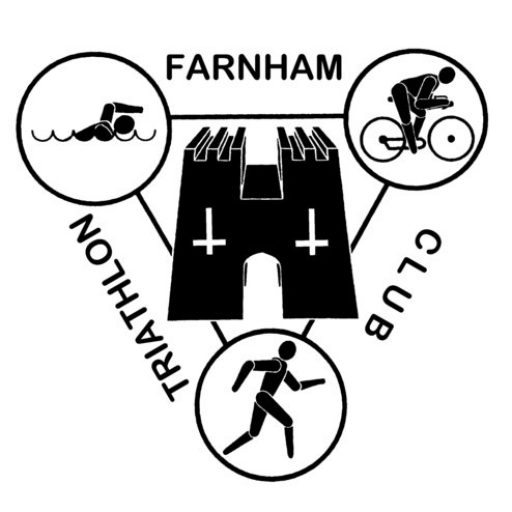Triathlon and Mental Health
By David Pinkney
Why do we do endurance sports like triathlons?
Basically, it is in our genes. Up until 12,000 years ago humans were endurance athletes, we were
hunters. Some stopped at home to raise children, but others went out to catch food. We used our
endurance to tire out animals before we killed them for food. It is called ‘persistence-hunting’.
Nowadays many people do endurance sport because it feels good. Pushing the body hard changes
the chemical makeup in our brains. Opioids and endocannabinoids are released making the athlete
feel euphoric and feeling great. We feel less anxious and more relaxed. In most cases we are much
less sensitive to pain. In most people endorphins are also released producing a feeling of well-being.
In the 1970s this was called the ‘runner’s high’. (Source Strava)
The release of these chemicals allowed the hunter gatherers to run faster for longer. This meant that
the success of a hunt was increased. This gave humans an evolutionary advantage. Also, our body
shape changed, and we developed the ability to sweat. As well as short term gains, endurance training, such as triathlon, has long term benefits. It has been shown that endurance training alleviates long term depression. Long exercise periods can reduce anxiety.
Long term exercise results in more brain cells, larger blood vessels and better connections between
the neurons in the brain. It also helps athletes with ADHD as it regulates the level of dopamine in the
brain, it improves impulse control and reduces compulsive behaviour. (Source The ADHD Centre).
Many endurance athletes use training to deal with life. So, if you’ve had a hard day at work or the
family is getting on your nerves the best thing to do is to go out training either on the bike or go for a
run. Most significantly, we all know people who have turned to sports such as triathlon to deal with
the breakdown of a relationship or the death of someone close or to stop an addiction. They
normally call it starting over again or turning a new page. That is a very good reason for doing it.
Recent studies have shown that spending time in green spaces improves mood and reduces stress.
(Source Mind) Exercising in the open air is better than exercising indoors, and running or cycling in
the countryside is better than pounding the streets in cities. Many athletes enjoy swimming in open
water in the summer when the water is warm enough. Swimming in open water can be used to clear
the chatter in your head and your mind is calmer and quieter as you exit the water. This, of course,
has to be tempered by the weather and the daylight hours, although exercise indoors is a lot better
than no exercise.
Long term training gives us a focus for good health. People with poor mental health often focus on
negative things such as lack of achievement and excessive consumption of food and alcohol.
Endurance athletes, as a group, are very much focused on their health and well-being.
Endurance sport gives us mental as well as physical resilience. It is that ability to keep going at a race
pace when our bodies want us to stop. The reward is the feeling of euphoria when we cross the
finish line, and we can stop. We have a massive feeling of achievement.
Long training periods allows us to concentrate on mindfulness. Focusing on breathing on a long run
or staying present in the mind on a long bike climb, allows us to be fully immersed in the moment.
Belonging to a club such as Farnham Triathlon Club provides a social network. Members and
especially coaches are there to provide support and help to overcome problems and difficulties.
This is all fine, of course, but there have been some cases where ultra endurance athletes have
suffered from mental health issues. I think it's the old thing that some exercise is fine but
overindulgence or extreme training is not always good.
25% of the population will have a mental health problem every year. So Mental Health is a very
significant issue. British Triathlon has signed up to the Mental Health Charter for Sport and
Recreation. (Source BTP). Triathlon training requires the athlete to be positive about themselves and to listen to their body. Over time a great relationship develops.
This blog has just skimmed the surface, there so much information available, all at the click of a mouse.
So, if you see a triathlete with a spear or a club, it’s OK, it is all in their genes.


Leave a Reply